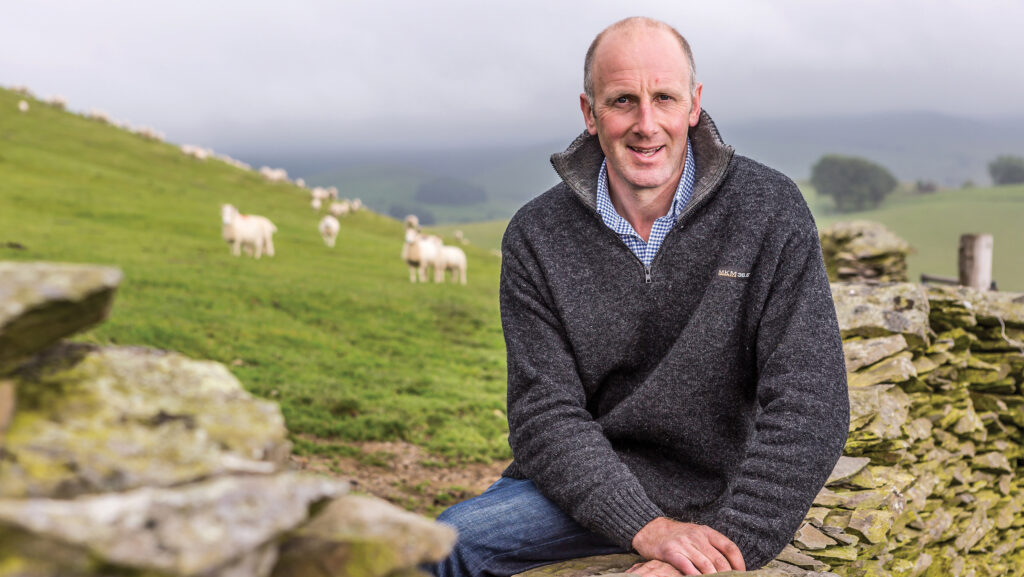Farmer Focus: Climate change is affecting farm output
 © Richard Stanton
© Richard Stanton Many of us know “global warming” as a buzzword created by science and used by scientists.
But should we farmers be considering what it could mean for us and for the future of our farms?
With the frequency of drought increasing across the UK to a scale never seen before, the threat to our crops is extremely worrying.
See also: Climate change moves the grass growth curve in Cornwall
And ensuring the survival of our animals becomes the only goal when we can grow barely any grass.
For us, a drought in summer brings an additional worry for the winter ahead, as our fields have little to no soil depth.
Seeing large areas of our silage fields turning red and burning away is a major concern.
On the other hand, with the temperature over winter on the increase – and rainfall about 15% higher – the threat of flooding and destruction of our landscape is greater than ever.
But what could we do differently?
Growing our own source of protein at home is a significant game changer for us. We do this with red and white clover.
It reduces the amount of imported concentrates, such as soya, that we need. This not only reduces our carbon footprint, but also lowers production costs.
In addition, the use of a silage pit eliminates the need for hundreds of bales wrapped in multiple layers of single-use black plastic that, unless it can be recycled, is burnt.
One significant aspect for us is being an organic farm. This means zero use of inorganic fertilisers and chemicals such as herbicides (which are often imported).
Planting over 20,000 trees to build hedgerows in areas that were too dangerous to maintain with a tractor was important for us, as it allows for carbon capture, provides shade for the animals and is great for increasing biodiversity.
Although we, as a farm, aim to improve our farming methods to ensure we do little to no harm to the environment during our day-to-day activities, we could do more.
The changes in weather we’ve seen over recent years prove that global warming directly affects our production and our produce.
We should at the very least strive to ensure sustainable practices to protect our land and future.

